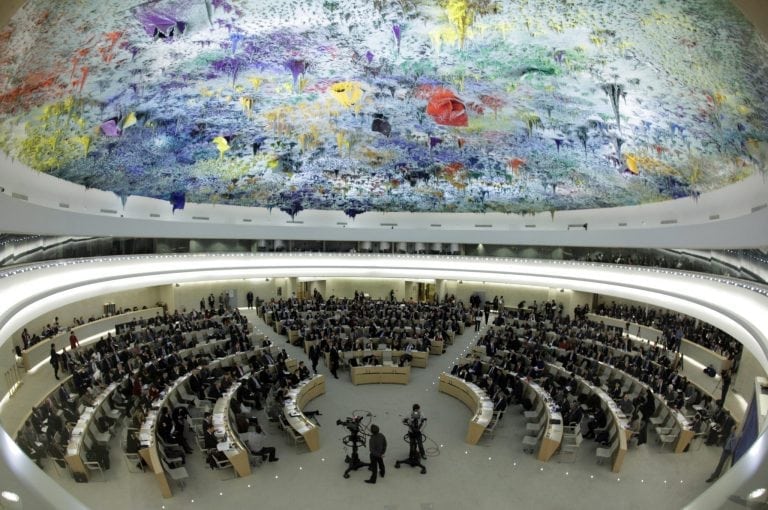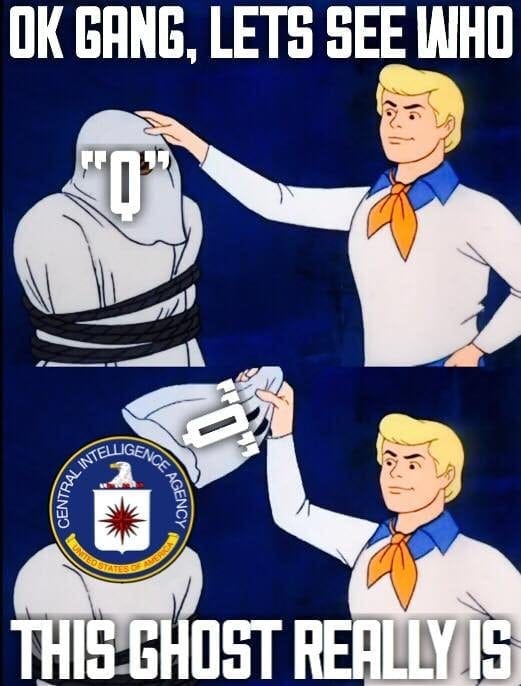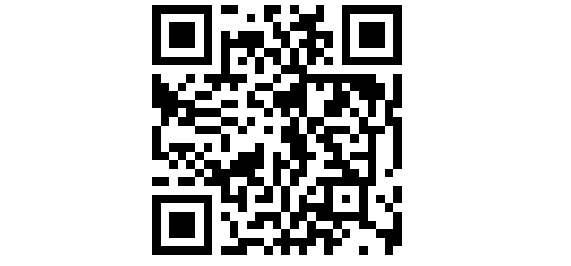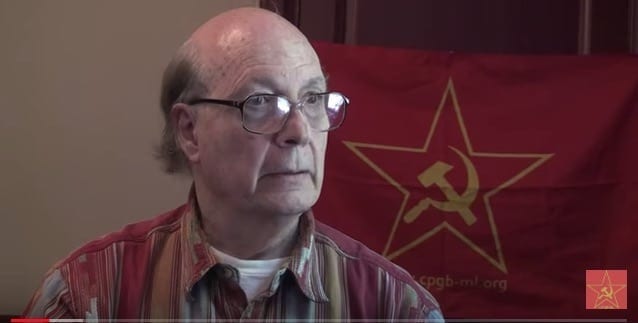“The leader of every state that has refused to submit to US political and economic domination is defamed as a monster.”
In this series, we ask acclaimed authors to answer five questions about their book. This week’s featured author is Stephen Gowans . Gowans is an independent political analyst whose principal interest is in who influences formulation of foreign policy in the United States. His book is Patriots, Traitors and Empires: The Story of Korea's Struggle for Freedom.
Roberto Sirvent: How can your book help BAR readers understand the current political and social climate?
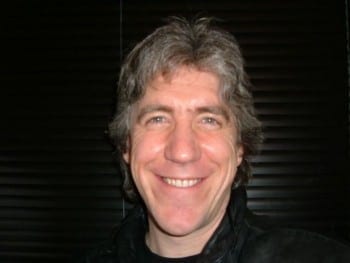
Gowans
Stephen Gowans: The conflict between the United States and North Korea didn’t start at the moment North Korea embarked upon a program of nuclear weapons development, although the discourse surrounding US-North Korea relations—focussed largely on the ostensible threat Pyongyang’s nuclear weapons and ballistic missiles pose to the United States and the consequent demand for denuclearization—would lead you to believe it did. On the contrary, the conflict began in 1945, when the United States, taking its first steps to establish a global empire of unprecedented scale, arrived on the Korean peninsula to accept the Japanese surrender and refused to recognize the newly established Korean People’s Republic, the state Koreans proclaimed for themselves after 40 years of foreign rule by the Japanese.
Korea had been bisected by the United States into separate US and Soviet occupation zones to accept the Japanese surrender. US forces quickly eradicated the Korean People’s Republic within their occupation zone. They did so by fighting an anti-insurgency war against Korean guerrillas who took up arms to defend the nascent republic. In place of the republic, Washington installed a US military dictatorship, and subsequently a puppet regime, South Korea, which possessed, and continues to posses, the trappings of a viciously anti-communist police state.
“US policy since 1945 has been to crush any independent Korean government.”
The Korean People’s Republic survived north of the 38thparallel, in the Soviet occupation zone, and became the Democratic People’s Republic of Korea (DPRK), known informally as North Korea. US policy since 1945 has been to crush any independent Korean government, whether the short-lived Korean People’s Republic, or its DPRK successor.
My book traces the history of US efforts to quash independent political movements in Korea, not only in the north, but in the south as well, and the struggle waged by Korean patriots to unify their country and emancipate it from the foreign rule and military occupation inflicted on it, first by the Empire of the Rising Sun, beginning in 1905, and subsequently by the US empire, since 1945.
What do you hope activists and community organizers will take away from reading your book?
I hope they take away a number of things, but two are particularly important.
The first is a basic understanding of what the aims of US foreign policy are and who shapes and influences it. US foreign policy largely shaped what Korea is and has become since 1945, and it is impossible to understand Korea without first understanding US foreign policy. US foreign policy is set, not by the broad public acting through its elected representatives to serve broad public interests, but by an elite based in the business and especially finance and banking communities to serve their sectional interests. I cite in my book an observation made by Lenin: “Unless the economic essence of imperialism…is studied, it will be impossible to understand and appraise modern war and modern politics.” Although Lenin made the point in 1917, it remains undiminished in its relevance. It is impossible to appraise modern war and modern politics, both domestic and foreign, without reference to political economy, by which I mean the study of who, by virtue of their control of economic assets, is able to wield enormous political power, enabling them to degrade others into an instrument of their own interests.
“It is impossible to appraise modern war and modern politics without reference to political economy,”
The second take-away is that the foreign policy elite, of which I include the major US mass media, defuse opposition to US aggressions around the world by defaming the people or nations which refuse to submit to what Domenico Losurdo has called the international dictatorship of the United States. An invariable aspect of this program of public opinion management is the dehumanization of the leaders of independent states. The leader of every state that has refused to submit to US political and economic domination is defamed as a monster,whether Slobodan Milosevic, Saddam, Robert Mugabe, Bashar al-Assad, Muamar Gaddafi, or Kim Jong-il and Kim Jong-un. The language of the bestiary is as favored by US presidents as it is by some figures of the Left. Once the targets of US foreign policy are dehumanized, opposition to such unlawful acts against them as unilateral air strikes, invasion, economic warfare, and aid to internal rebellions, melts away.
We know readers will learn a lot from your book, but what do you hope readers will un-learn? In other words, is their a particular ideology you’re hoping to dismantle?
One ideology I hope to dismantle is the notion that the absence of liberal democratic institutions in states made to suffer the aggressions of the US empire spring from ‘authoritarianism’ inherent in the states’ ideologies or in lust for power on the part of the states’ leaders, rather than from the state of crisis and emergency engendered by US aggression.
People naturally view other societies through the lens of their own experience, and if their experience is one of living in a country secure from invasion and attack, as is true of US citizens, they might have difficulty grasping the dual realities that North Korea lives under an incessant threat of attack and invasion, and that countries which are threatened are denied the luxury of openness.Liberal democratic institutions in North Korea would facilitate the organization by Washington of North Korea’s demise. (If there’s any doubt that bringing about the quietus of the DPRK is a US goal, John Bolton, the current National Security Advisor, once described Washington’s North Korea policy to a New York Times reporter by pointing to a volume on his bookshelf. The book was titled ‘The End of North Korea.’)
“Countries which are threatened are denied the luxury of openness.”
From the moment of the DPRK’s birth, the independent Korean state has faced a determined effort by the United States to bring about its destruction. This effort has included threats of war, an actual invasion, the total incineration of the country from 1950 to 1953, threats of nuclear annihilation, the mobilization of hundreds of thousands of troops along its borders at least once per year in US-led war games exercises, continual harassment of its borders by US warships and warplanes, an unceasing propaganda barrage, and 70 years of economic warfare, culminating in a blockade that is now nearly total. Under these circumstances, liberal democratic institutions are impossible.
The proof of this is manifold: First, the International Covenant on Civil and Political Rights exempts states in “time of public emergency which threatens the life of the nation” from their responsibility to guarantee civil and political liberties. This follows from liberal democratic theory, which makes provision for dictatorship in times of crises. What’s more, the United States, Britain and Canada became virtual dictatorships during the first and second world wars, regimented their societies, controlled the flow of information, brought their economies under state control, and immured political opponents in concentration camps. Two of these countries, the United States and Canada, faced no existential threat and both were protected from invasion by two vast oceans. Once the crisis of war lifted, liberal democratic institutions re-emerged. Anyone who truly wants liberal democratic institutions to flourish in North Korea should work to lift the threats that make these institutions impossible.
Who are the intellectual heroes that inspire your work?
The story I relate of Korea’s history through the Japanese colonial period and the US occupation of the peninsula is based largely on the work of the historian Bruce Cumings, whose work is very compelling. My approach to US foreign policy is inspired by social scientists, some working in the Marxist tradition, including Albert Szymanski and Laurence Shoup, and others, including William Domhoff and Thomas Ferguson, who don’t. The work of Domenico Losurdo provides the overarching intellectual direction of the book.
In what way does your book help imagine new worlds?
The book imagines a world that others have already imagined, including North Koreans and other peoples and nations that have had to endure and struggle to overcome empires. The new world they imagine—one of an international order of sovereign and equal states linked by relations of mutual benefit—is hardly new; it is formally imagined in the Charter of the United Nations.
Tim Beal, who has written voluminously on Korea, argues that North Korea is the embodiment of the UN Charter, and, indeed, the UN Charter’s themes are evident in the North Korean view of what the international order ought to be. In their view: “All countries and nations are equal and have the right to exercise their sovereignty…A big and developed country has no right to issue orders to and rule small and less developed countries. Only when all countries and nations develop relations on the principle of equality and mutual benefit can [the international order] be democratic and friendly.”
This is the complete antithesis of the US view, which is that big and developed countries have the right to issue orders to and rule small and less developed countries. The book helps us to imagine what democracy means on an international level in contradistinction to the current international dictatorship of the United States.
 In his zeal to prove to his antagonists in the War Party that he is as bloodthirsty as their champion, Hillary Clinton, and more manly than Barack Obama, Trump seems to have gone “play-crazy” — acting like an unpredictable maniac in order to terrorize the Russians into forcing some kind of dramatic concessions from their Syrian allies, or risk Armageddon.However, the “play-crazy” gambit can only work when the leader is, in real life, a disciplined and intelligent actor, who knows precisely what actual boundaries must not be crossed. That ain’t Donald Trump — a pitifully shallow and ill-disciplined man, emotionally handicapped by obscene privilege and cognitively crippled by white American chauvinism. By pushing Trump into a corner and demanding that he display his most bellicose self, or be ceaselessly mocked as a “puppet” and minion of Russia, a lesser power, the War Party and its media and clandestine services have created a perfect storm of mayhem that may consume us all.— Glen Ford, Editor in Chief, Black Agenda Report
In his zeal to prove to his antagonists in the War Party that he is as bloodthirsty as their champion, Hillary Clinton, and more manly than Barack Obama, Trump seems to have gone “play-crazy” — acting like an unpredictable maniac in order to terrorize the Russians into forcing some kind of dramatic concessions from their Syrian allies, or risk Armageddon.However, the “play-crazy” gambit can only work when the leader is, in real life, a disciplined and intelligent actor, who knows precisely what actual boundaries must not be crossed. That ain’t Donald Trump — a pitifully shallow and ill-disciplined man, emotionally handicapped by obscene privilege and cognitively crippled by white American chauvinism. By pushing Trump into a corner and demanding that he display his most bellicose self, or be ceaselessly mocked as a “puppet” and minion of Russia, a lesser power, the War Party and its media and clandestine services have created a perfect storm of mayhem that may consume us all.— Glen Ford, Editor in Chief, Black Agenda Report




